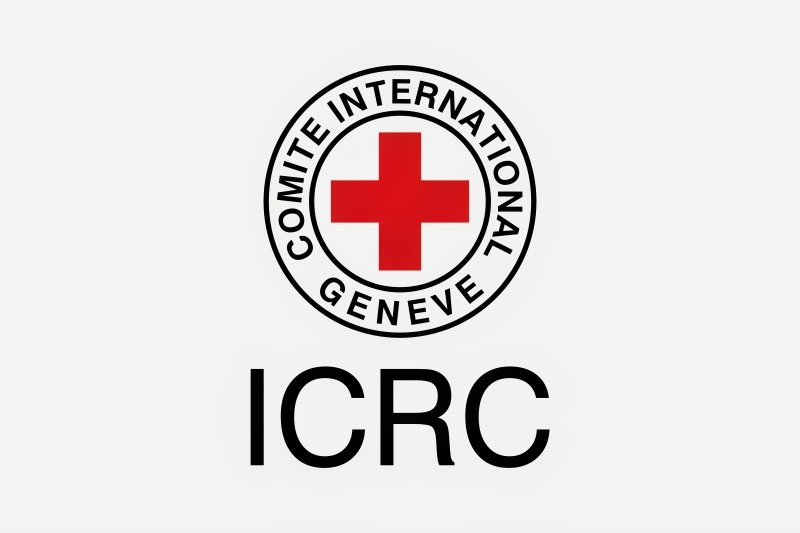As the world marks the international day of disappeared persons, the International Committee of the Red Cross (ICRC) in a recent report has said that 64,000 cases of disappeared persons have been reported across Africa.
According to the committee, Nigeria alone accounts for 25,000 missing persons, out of which 14,000 or more than half of the missing are children.
ICRC also said thousands of people, including children make attempts to cross borders, through the Sahara Desert and the Mediterranean Sea in search of safety and a better life in Europe each year.
Such movements it says often entail great risk, including the risk of disappearance.
Documented cases of missing persons are on the rise; however, the ICRC warns that the actual figures are much higher.
“Sadly, the almost 14,000 children registered does not capture the full scope of this often-neglected and tragic humanitarian issue. There is no doubt that there are more children whose fate remains unknown,” said Yann Bonzon, head of the delegation for the ICRC in Nigeria.
The committee says, “During displacement, children face risks such as exploitation, violence, mental distress, and disappearance. Many also end up alone, with no news of their families’ whereabouts. The ICRC has more than 5,200 documented cases of unaccompanied children in Africa.”
It added, “Having the right policies in place can save lives. It is an essential step to protect migrants and families of missing persons. This is a question of humanity and human dignity,” said Patrick Youssef, the regional director for ICRC in Africa. Families of the disappeared face immense pain and obstacles that often transcend generations. They are stuck in limbo, unable to move forward or grieve. The search for their loved ones never ends.”
In 2022 from January to June, the ICRC together with the Nigerian Red Cross Society (NRCS), assisted in the exchange of 1,250 Red Cross Messages containing family news and reunited 31 separated children/unaccompanied minors with their families while 440 phone calls were provided to families to maintain family contact. In addition, families of 377 persons received information about the whereabouts or fate of their loved ones and 146 families of missing persons received psychosocial, economic, legal, and administrative support through the Accompaniment Program for Families of the Missing.









![Graduate Job At Oando Nigeria Plc [APPLY NOW] Graduate Job At Oando Nigeria Plc [APPLY NOW]](https://abntv.com.ng/wp-content/uploads/2024/04/Oando-Nigeria-Plc-100x75.jpg)
